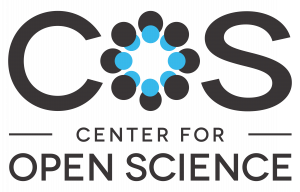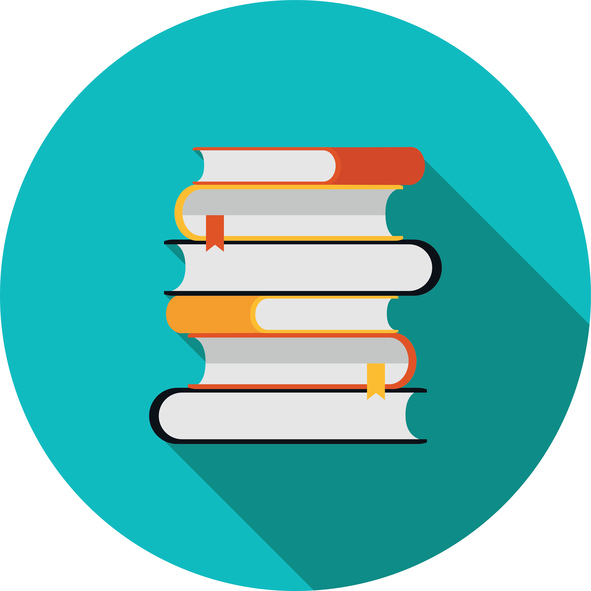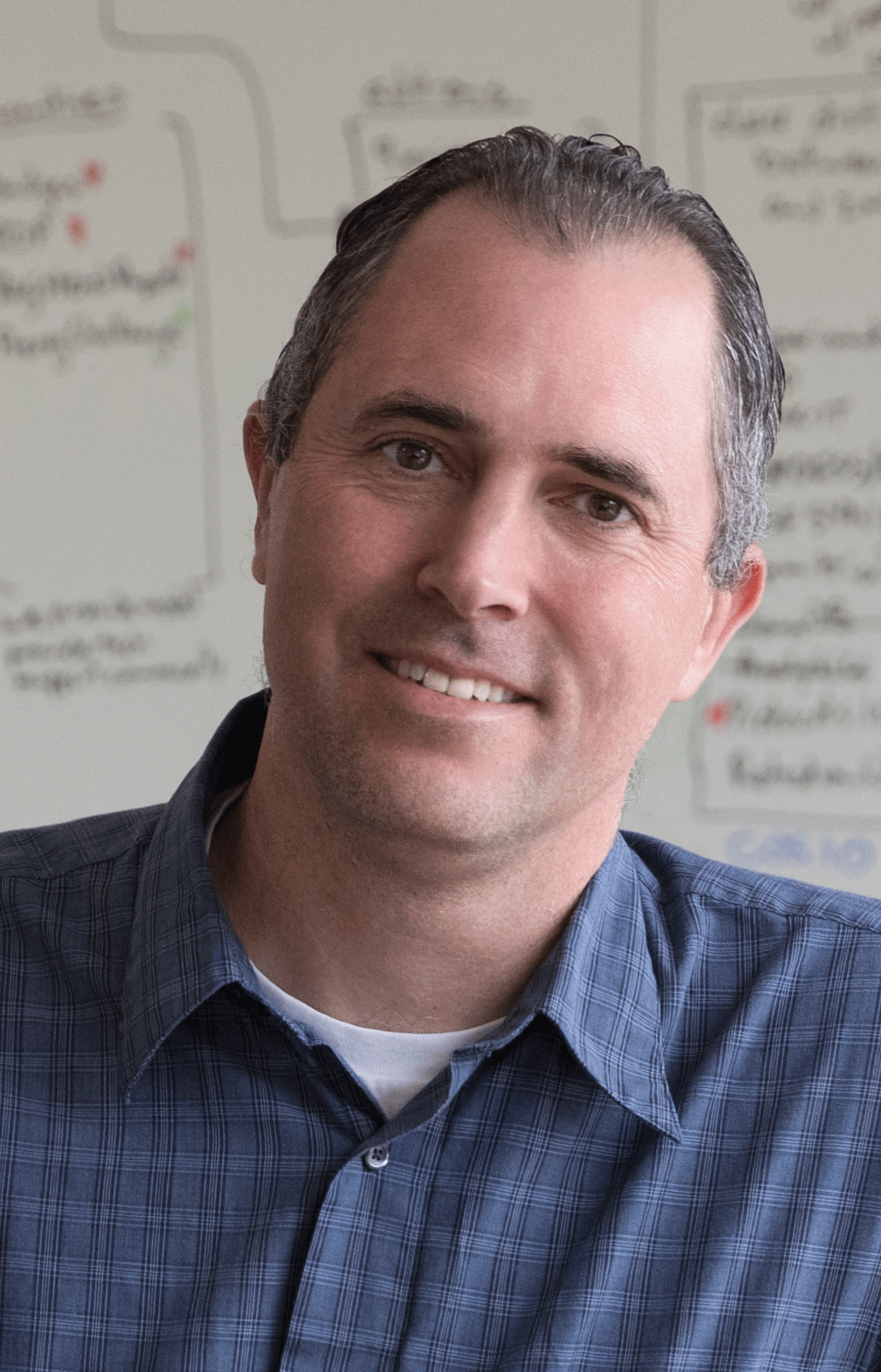 Help us understand how researchers assess the credibility of manuscripts by taking a short (15 minute) survey. The Center for Open Science is seeking graduate students, post docs, researchers, and academic faculty to participate in this survey to investigate the factors that affect the perceived credibility and use of preprints.
Help us understand how researchers assess the credibility of manuscripts by taking a short (15 minute) survey. The Center for Open Science is seeking graduate students, post docs, researchers, and academic faculty to participate in this survey to investigate the factors that affect the perceived credibility and use of preprints.
Why Are We Working So Hard to Open up Science? A Personal Story.
Posted on December 14, 2017 by ECS StaffBy: Brian Nosek, Center for Open Science
 In the Fall of 2011, Sarah Mackenzie, the maid of honor at my wedding, was diagnosed with a rare form of ovarian cancer. Sarah and her family were motivated to learn as much as they could about the disease to advocate for her care. They weren’t scientists, but they started searching the literature for relevant articles. One evening, Sarah called us, angry. Every time she found an article that might be relevant to understanding her disease, she ran into a paywall requiring $15-$40 to access it. Public money had paid for the research, yet she was barred from making any use of it. Luckily, she had us. Most people in Sarah’s position don’t have the luxury of friends at wealthy academic institutions with subscriptions to the literature.
In the Fall of 2011, Sarah Mackenzie, the maid of honor at my wedding, was diagnosed with a rare form of ovarian cancer. Sarah and her family were motivated to learn as much as they could about the disease to advocate for her care. They weren’t scientists, but they started searching the literature for relevant articles. One evening, Sarah called us, angry. Every time she found an article that might be relevant to understanding her disease, she ran into a paywall requiring $15-$40 to access it. Public money had paid for the research, yet she was barred from making any use of it. Luckily, she had us. Most people in Sarah’s position don’t have the luxury of friends at wealthy academic institutions with subscriptions to the literature.
During this time, I was pursuing an interest in the business models of scholarly communication. I wanted to understand the ways in which these models interfered with the dissemination of knowledge that could improve quality of life. Sarah’s experience illustrated one key part of the problem–the outcomes of research should be public goods, but the business models of publishing make them exclusive goods. Lack of access to published literature limits our ability to apply what we know to improving others’ quality of life. If doctors can’t access the literature, they can’t keep up with the latest innovations for care. If policy makers can’t access the literature, they can’t create evidence based policies. To advance solutions and cures, the outcomes of research must be open.
5 Questions with Brian Nosek, Co-founder of the Center for Open Science
Posted on August 30, 2017 by Amanda StallerQ&A series with ECS OpenCon 2017 speakers

Brian Nosek, co-founder of the Center for Open Science
ECS will be hosting its first ever OpenCon event on October 1 in National Harbor, MD. OpenCon will be ECS’s first, large community event aimed at creating a culture of change in how research is designed, shared, discussed, and disseminated, with the ultimate goal of making scientific progress faster.
Brian Nosek, co-founder of the Center for Open Science, will be one of the featured speakers at the upcoming ECS OpenCon.
The following conversation is part of a series with speakers from the upcoming ECS OpenCon. Read the rest of the series.
ECS: What was the “aha moment” when you knew the Center for Open Science (COS) was needed?
Brian Nosek: COS began as two laboratory projects with a minimal budget, and a simple idea of testing the reproducibility of current research and building some tools to improve it. From the start, we wanted to help build a future in which the process, content, and outcomes of research are openly accessible by default. All scholarly content would be preserved and connected and transparency would stand as an aspirational good for scholarly work. All stakeholders would be included and respected in the research lifecycle and share the pursuit of truth as the primary incentive and motivation for scholarship.
For the launch of COS, it was less “aha” and more “whoa, we can do this?” Our lab projects received some media attention. One of the outcomes of that was that a number of funders contacted us with interest in the work. In particular, the Laura and John Arnold Foundation offered to support us and provided a very generous donation to elevate our aspirations from small lab effort to nonprofit organization.


